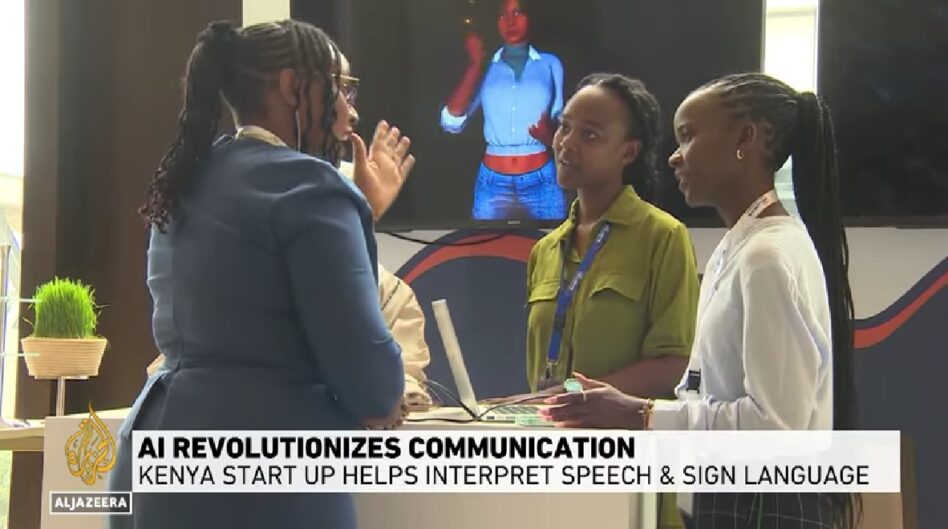MUSLIM spending – excluding travel – is forecast to rebound by end-2021 to reach US$2.3 tril by 2024 at a cumulative annual growth rate of 3.1%.
In 2019, Muslims spent US$2.02 tril on food, pharmaceuticals, cosmetics, modest fashion, travel, and media.
While this spending reflects 3.2% year-on-year growth, Muslim spending in 2020 is forecast to contract by 8% due to the impact of the COVID-19 pandemic, according to State of the Global Islamic Economy (SGIE) Report 2020/21.
The report will be unveiled during the two-day inaugural Reimagine: Halal in Asia 2020 virtual conference which begins tomorrow (Wednesday).
Elsewhere, Islamic finance assets are estimated to have reached US$2.88 tril in 2019 and are estimated to remain at the same level in 2020.
In the Report’s Global Islamic Economy Indicator that evaluated 81 countries this year, Malaysia (#!) leads the ranking alongside Saudi Arabia (#2), the United Arab Emirates (#3), Indonesia (#4), and Jordan (#5).
The indicator measures how leading national ecosystems are best able to support the development of Islamic economy business activities.
The rankings recorded improvements by Saudi Arabia and Indonesia and welcomed new entrants Singapore, Sri Lanka, and Nigeria in the top 15.
Following a record year in 2018/19, investments in Islamic economy-relevant companies globally slowed in 2019/20, dropping by 13% to US$11.8 bil.
Over 54% of investments were within the halal products category, while Islamic finance and Islamic lifestyle attracted 41.8% and 4% of the investments respectively.
Growth figures were driven by corporate-led mergers and acquisitions, venture capital investments in tech start-ups, and private equity investments.
Themed Thriving in Uncertainty, the eighth edition of the annual SGIE Report presents an annual update on the Islamic economy, encompassing halal products, Islamic finance as well as lifestyle sectors and services.
“This year’s SGIE Report highlights the emerging opportunities that stand out amidst the repercussions of COVID-19 such as global supply chain disruptions, job losses, health services crises, and food security challenges,” said Rafi-uddin Shikoh who is the CEO and managing director of DinarStandard which publishes the Report.
“The 33 ‘signals of opportunities’ identified in the Report, include the tokenisation of sukuks (Islamic bonds) within Islamic fintech and accelerated digital transformations across all sectors prompted by the COVID-19 pandemic.”
Other signals identified pertain to halal products, supply chain shifts, food security investments, and nutraceutical demand. – Dec 1, 2020









